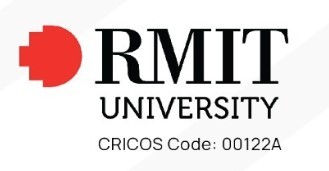
Master of Food Science and Technology


Overview
FULL-TIME 2 YEARS
YES
AU$39,360
FEBRUARY, JULY
Overview
- With advanced technical expertise and research skills, graduates of the Master of Food Science and Technology are fully equipped to participate in the rapidly advancing field of food science and technology and apply their expertise in interdisciplinary contexts.
- You’ll develop skills and knowledge in food processing and preservation; chemical properties of food materials; food safety, packaging and labelling; and food product and process innovation. You will also undertake subjects to support the wide range of technical positions required by the food industry.
- If your background is in science, engineering, agriculture or other related disciplines, the Master of Food Science and Technology is designed to provide professional training in this field. If you have previously completed studies in food science and technology, this degree will enhance and expand your knowledge in the area.
Inquire Now
Career
> Qualified food scientists and technologists are in high demand for research or industry-based careers in Australia and overseas.
> Graduates may work in the fields of product or process innovation, product development, ingredient application, quality assurance, quality control, food safety and nutritional documentation. They may also work in manufacturing for a range of commodities including the dairy, meat, fish or poultry industries, plant-based commodities, fats and oils, confectionery and chocolate manufacturing as well as beverage industry and horticultural-based processes.
Entry requirement
> To study this course you will need to complete one of the following English proficiency tests:
> IELTS (Academic): minimum overall band of 6.5 (with no individual band below 6.0)
> TOEFL (Internet Based Test - IBT): minimum overall score of 79 (with minimum of 13 in Reading, 12 in Listening, 18 in Speaking and 21 in Writing)
> Pearson Test of English (Academic) (PTE (A)): minimum score of 58 (with no communication band less than 50)
> Cambridge English: Advanced (CAE): minimum of 176 with no less than 169 in any component.
Popular Courses
Find your perfect course
Head Office
Kamaladi, Kathmandu
Tel: +977 14542781, 9845566225
E-mail: info@landmarkedu.com
Sydney office
46 Macquarie Street,
Parramatta, NSW
Tel: +61 415 122 814
Branch office
Tel: 056-590825
Tel: 021-590828
Tel: 977-71-591694


